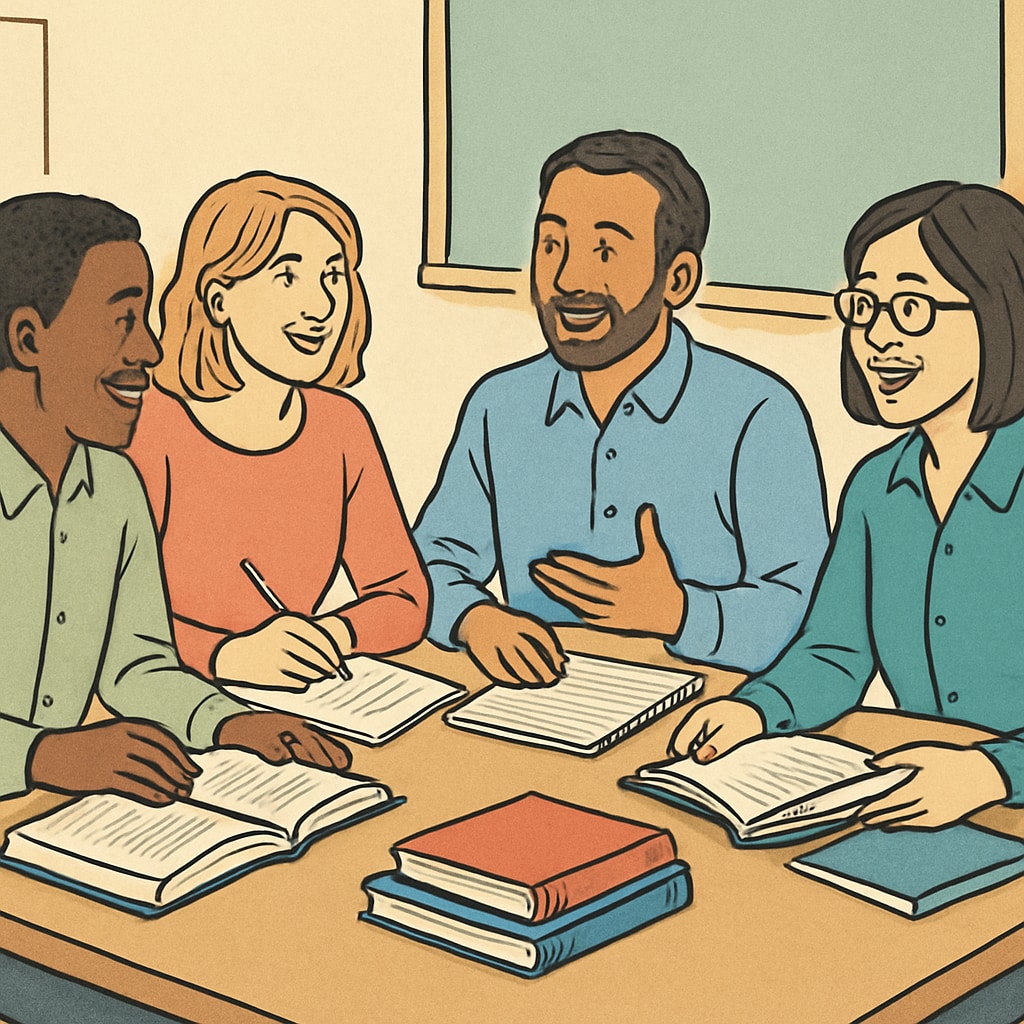Many individuals who possess a modified high school diploma often grapple with feelings of regret and uncertainty about their future. Whether it’s due to career limitations, missed opportunities, or societal expectations, the question of “what now?” can feel overwhelming. However, it is important to remember that education is not a one-time journey but a lifelong process. By exploring the flexibility of modern education systems and embracing personal growth, high school diploma holders can discover new paths to success.

Understanding the Impact of a Modified High School Diploma
The term “modified high school diploma” often refers to an alternative diploma awarded to students who completed high school through non-traditional means. While it fulfills basic educational requirements, it may lack the recognition or rigor of a standard diploma. This distinction can sometimes lead to challenges in higher education admissions or job applications, as institutions and employers may view it differently.
For example, some universities require a standard diploma for enrollment in specific programs, while certain employers may prioritize candidates with traditional educational credentials. As a result, holders of modified diplomas might feel restricted in their aspirations, which can lead to regret over past academic choices or circumstances. However, it’s critical to shift focus from regret to action. Understanding the limitations of your current credential is the first step toward creating a better future.
Turning Regret into Opportunity: Steps Toward Change
For those wondering how to modify the trajectory of their lives, the good news is that there are numerous pathways to change. Here are some actionable steps:
- Explore GED or Adult Education Programs: Enrolling in a General Educational Development (GED) program can provide an equivalent credential to a standard high school diploma. Many community colleges and adult education centers offer flexible schedules for working adults.
- Pursue Higher Education: Some universities and colleges accept non-traditional diploma holders, especially if you can demonstrate other strengths, such as work experience, community involvement, or strong test scores.
- Leverage Online Learning: Platforms like Coursera, Khan Academy, and edX offer free or affordable courses that can enhance your skills and qualifications, often leading to certifications recognized by employers.
- Seek Career Counseling: Professional guidance can help you identify industries or roles where your existing qualifications are valued, as well as pathways for advancement.
- Build a Strong Network: Connecting with mentors, industry professionals, or alumni from similar backgrounds can provide valuable advice, encouragement, and opportunities for growth.
These steps not only address academic and career-related regrets but also lay the foundation for personal transformation. Education doesn’t stop after high school; it evolves with you as you discover more about your passions and goals.

The Value of Lifelong Learning
Lifelong learning is a powerful antidote to the limitations imposed by a modified high school diploma. In today’s fast-paced world, the ability to adapt and acquire new skills is more important than ever. Employers are increasingly valuing soft skills such as communication, problem-solving, and adaptability—qualities that can be developed outside traditional education pathways.
For example, pursuing certifications in areas like project management, digital marketing, or technology can open doors to lucrative careers. Many of these certifications do not require a traditional diploma but instead focus on your ability to learn and apply new knowledge. Organizations like LinkedIn Learning and MOOCs (Massive Open Online Courses) provide accessible options for skill development.
In addition, volunteering, internships, and extracurricular activities can supplement your qualifications and demonstrate your commitment to growth. As a result, lifelong learning becomes not only a way to overcome the regrets of the past but a means to build an exciting and fulfilling future.
Embracing the Second Chance
Regretting a modified high school diploma is natural, but it’s not the end of the road. By taking proactive steps and embracing lifelong learning, you can transform your educational background into a stepping stone rather than a stumbling block. Remember, success is not determined by where you start but by the effort and determination you bring to your journey.
If you’re feeling overwhelmed, start small. Identify one skill or area of interest you’d like to improve, and take the first step—whether that’s enrolling in a course, attending a seminar, or reaching out for mentorship. Each action you take brings you closer to your goals and further from the weight of regret.
In the words of Nelson Mandela, “Education is the most powerful weapon which you can use to change the world.” Let it begin with changing your own world.


